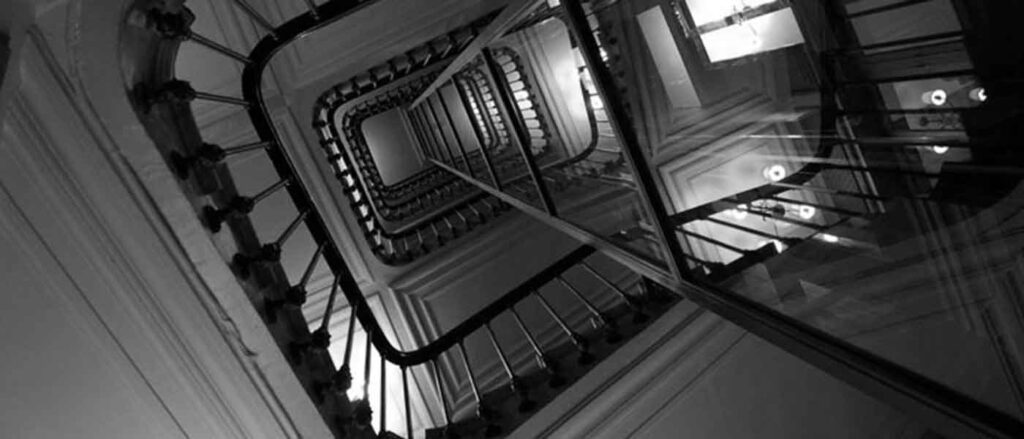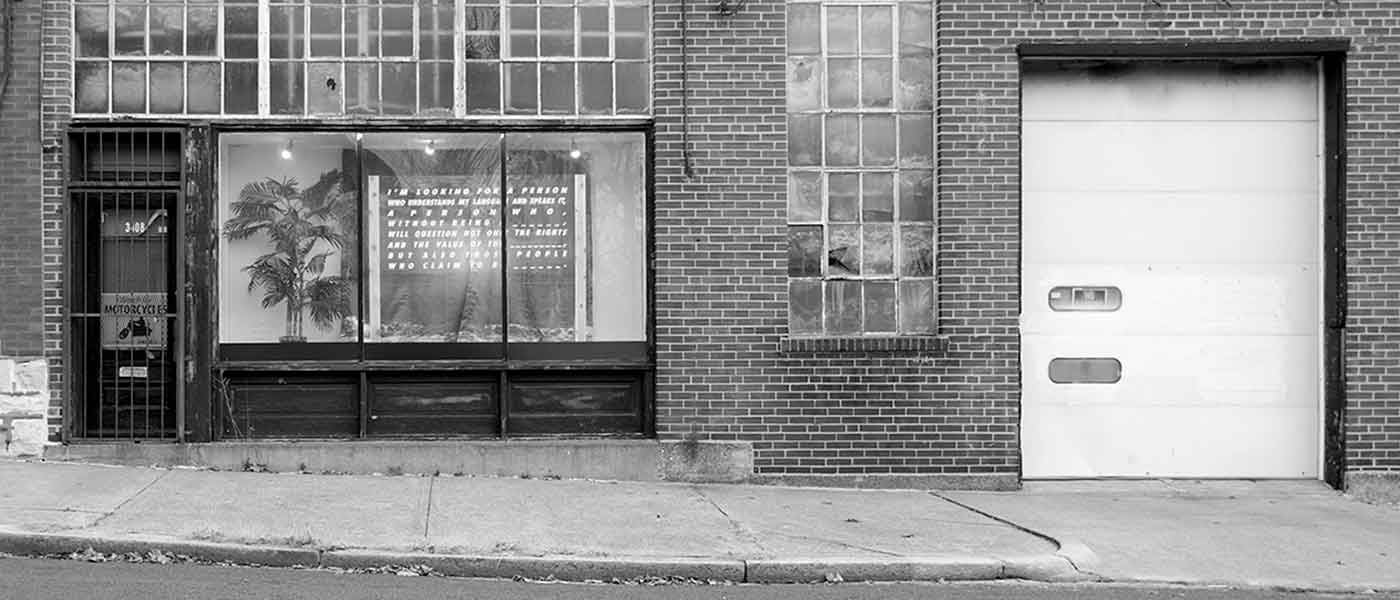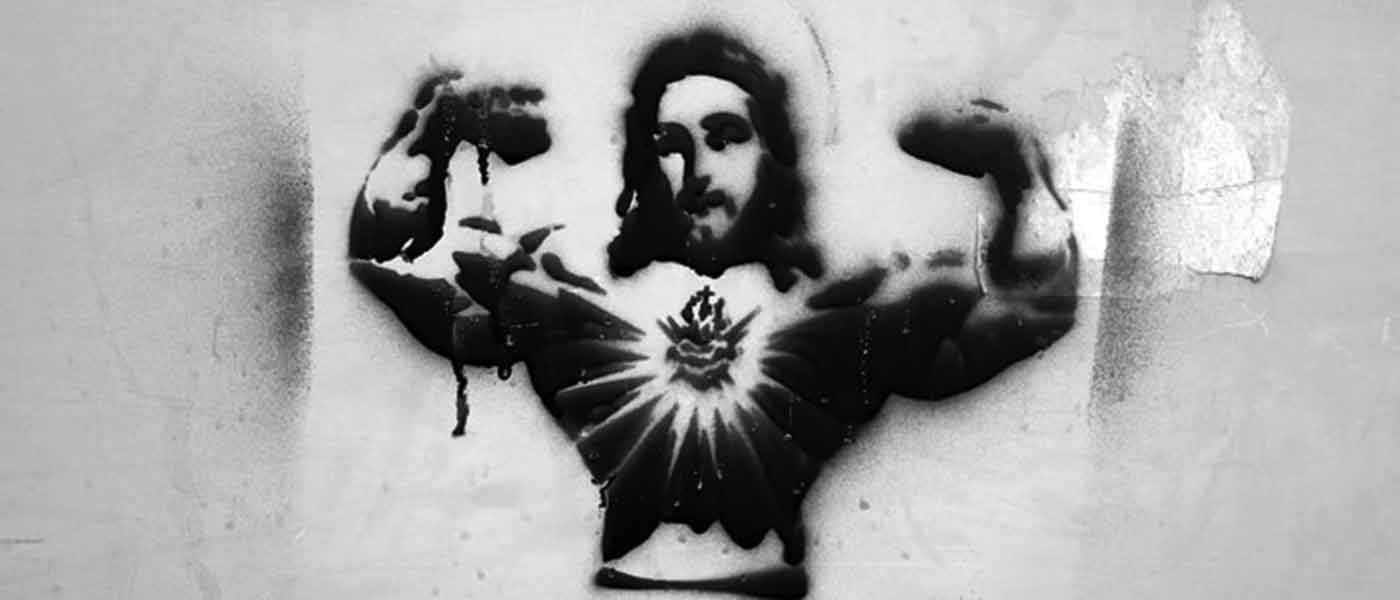It was the ancient Greeks who coined the term “hysteria”; Hippocrates, in fact. It means the disease of the movement of the uterus. Oh shit, where has my uterus gone? you may be thinking, if you are not letting the young men of Argos defile you. Don’t worry, a man will tell you to respect the phallus, giving you hellebore and presenting you like a plate of figs to the virile men below. This self-same man, Melampus, might refer to your “uterine melancholy,” if you keep it up. If you flee from the small life of impregnation after impregnation, a swollen belly near a hearth, a great gaping hole. Your humors must be off if you are not in a marital bed eager and waiting. Here, ancient Greeks and Egyptians say, place these malodorous substances near your vagina and scare that womb right back into its place!
In the Middle Ages you’ll fare even worse if your uterus decides to up and migrate. St. Thomas Aquinas says that “the woman is a failed man” because women just love to sin. Women are clearly far weaker than men and you strangest of them, you non-servile women, you must be making love to the devil. We bet you’re a witch and well, God says, “Thou shalt not suffer a witch to live.”
And they didn’t. Centuries of women up in smoke.
Oh the Renaissance! Oh huzzah, don’t you know we learned perspective and science and rationality returns. Oh wait, what’s that? Oh yes, we’re still killing witches, move right along.
And we cannot forget Salem. Those young girls staring and barred eyes, prone to sudden movements and raucous noises. A bevy of girls just squirming under Puritanism, under man after man after God. And we all know how that ended.
And our cities grow, we find ourselves in a cavalcade of humans and factories begin to rise. Women beside women, rows and rows of women weaving and sewing and stopping for nothing. And here comes Joseph Raulin saying that hysteria comes from foul air and “unruly social life.” Men could get hysteria too, but it’s the women who are affected because they are “lazy and irritable.” Meanwhile, Pierre Roussel writes that women are born wanting to be mothers and the moral compass for bands of well-behaved children. And hysteria comes when that natural desire is unfulfilled. God, women, why can’t you stop being so lazy, man up, and birth some cherubic little virtuous babies?
Don’t worry, ladies, things get more fun for you as history goes on. You’ve still got smelling salts in your pocket to shoot that uterus back into place but now you’re entitled to “hysterical paroxysms.” Some fatigued doctor gives a “pelvic massage” and ugh, it sure is a lot of work but then you start shaking and moaning and finally calm down!
Finally Freud comes and tells us we’re all just fucked up about sex; that hysteria is a lack of fulfillment of sexual desires. And on come the suffragettes and the sexual revolution and waves of feminism and the only hysteria left is mass.
And now you legions of women are free! Free to ignore the pressure of an adolescent body with synthetic tits, to ignore the centuries-laid undertone that weight is a moral issue. To be childless, ignoring the sad sighs and remonstrations that you are just being selfish. Ignore the legion of media telling you to manage a successful non-threatening career while being thin, amiable, friendly, sexually adventurous but not too, coupled, and beautiful. Good luck! Why would anyone be hysterical now?




